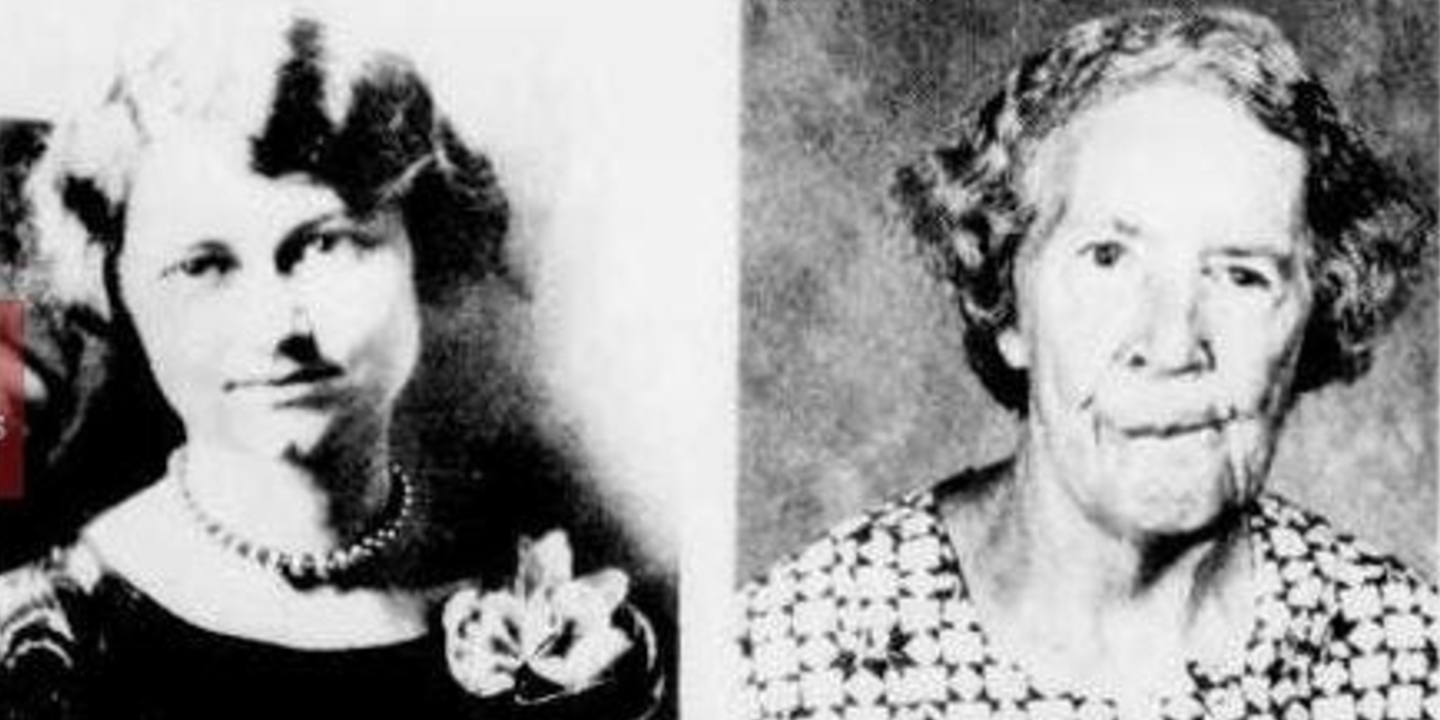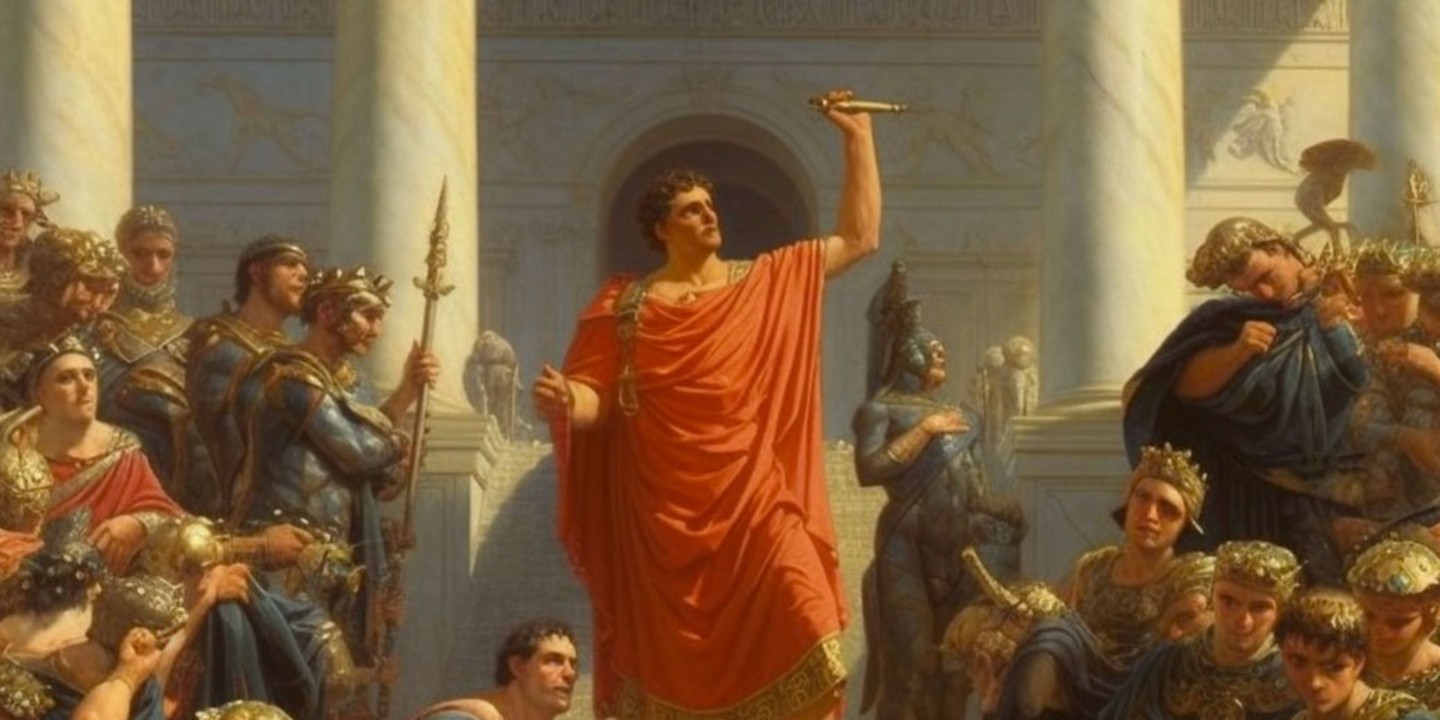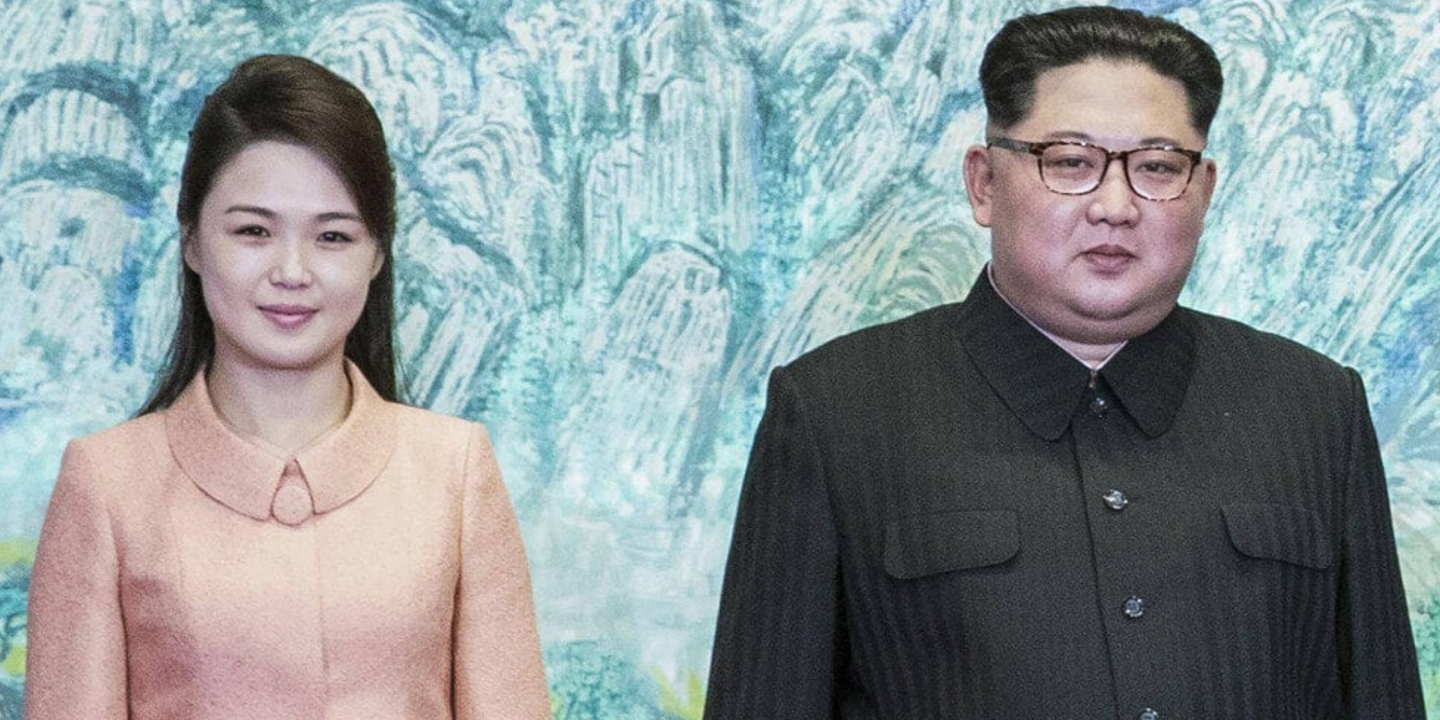10 Philosophers Everyone's Heard Of & 10 Everyone Forgot About
Revered Icons And Faded Figures
Philosophy has always been a mirror of human curiosity. It shapes how we question truth and existence. While some philosophers echo loudly through history, etched into classrooms and common speech, others, once celebrated, now fade quietly into obscurity. Ahead, we will bring both together. Consider this an invitation to reflect on voices both familiar and forgotten. Before we get to the thinkers that history has nearly left behind, let’s go for those everyone recognizes.
1. Socrates
The ancient streets of Athens once echoed with Socrates' probing questions. This Greek pioneer of Western philosophy challenged his students to think deeply through careful questioning. Though he left no written works, his wisdom survived through Plato.
2. Plato
Socrates’ student and Aristotle’s mentor, Plato, left an eternal mark on human thought. His Academy in Athens pioneered higher education in the Western world. Through works like The Republic, which introduced philosopher-kings and dialogues featuring Socrates, Plato explored fundamental questions about reality.
 George E. Koronaios on Wikimedia
George E. Koronaios on Wikimedia
3. Aristotle
Aristotle's influence spans centuries, from tutoring Alexander the Great to pioneering biological research through his studies of marine life. As Plato's star pupil, he broke new ground by emphasizing direct observation over pure theory. His concept of the "Golden mean" remains relevant today.
4. Confucius
The teachings of Confucius revolutionized Chinese society through their focus on ethical behavior and social relationships. His philosophical system, preserved in the Analects, steered the Chinese government and culture for generations, and his wisdom continues to resonate, with annual celebrations marking his enduring influence.
5. René Descartes
René Descartes changed how people approach truth and knowledge. This French genius crafted the method of doubt, leading to his famous words, "I think, therefore I am," and his mathematical innovations include the coordinate system.
6. Epicurus
By focusing on happiness through simplicity and freedom from fear, Epicurus challenged traditional Greek philosophy. The Garden, his school, was remarkably inclusive for its time, accepting both women and slaves. Though his name suggests excess today, he actually promoted moderate living and basic pleasures.
7. Immanuel Kant
This German thinker, who revolutionized Western philosophy, never ventured far from his hometown of Königsberg. Immanuel Kant's masterpiece Critique of Pure Reason transformed how we understand human knowledge. His radical idea that morality stems from duty rather than results sparked a philosophical revolution.
 Johann Christoph Frisch on Wikimedia
Johann Christoph Frisch on Wikimedia
8. Karl Marx
The Communist Manifesto’s author viewed history through the lens of class warfare. Karl Marx's theories about economic systems and material conditions triggered major social upheavals. Though he struggled financially, support from Friedrich Engels allowed him to develop his revolutionary ideas.
 photo by John Jabez Edwin Mayall, colored by Olga Shirnina on Wikimedia
photo by John Jabez Edwin Mayall, colored by Olga Shirnina on Wikimedia
9. Buddha
After 49 days of deep meditation beneath the Bodhi tree, Siddhartha Gautama became the Buddha. His revolutionary insights into human suffering led to Buddhism's Four Noble Truths and the Eightfold Path. These teachings have touched countless lives, spreading from Asia to beyond it.
10. John Locke
The 17th-century philosopher John Locke transformed political thought with his belief that legitimate power flows from the people. Known as the "Father of Liberalism," his theories sparked two revolutions and birthed modern democracy. A trained physician, he also maintained close ties with leading scientists.
Now, for the ones that have faded from the spotlight, let’s go.
1. Chrysippus
Few philosophers matched the output of Chrysippus, the third head of the Stoic school. With over 700 works, he revolutionized propositional logic, though most survive only in fragments. Dying from laughing at a fig-eating donkey became part of philosophical lore.
 Unknown artistUnknown artist on Wikimedia
Unknown artistUnknown artist on Wikimedia
2. Anaximander
The brilliant Anaximander from Miletus revolutionized 6th-century BCE thinking with his concept of apeiron, a limitless force behind all creation. This pre-Socratic thinker crafted one of history's first world maps and laid the foundation for scientific cosmology through his systematic study of universal origins.
 ancient Roman mosaic artist from the early third century AD on Wikimedia
ancient Roman mosaic artist from the early third century AD on Wikimedia
3. Zeno Of Elea
A daring philosopher from ancient Greece, Zeno of Elea left an enduring mark through his famous paradoxes about motion. Under Parmenides' guidance, he developed puzzles that continue to challenge modern minds. His courage extended beyond philosophy; he even attempted to overthrow a tyrant.
4. Hypatia
In the streets of late 4th-century Alexandria, Hypatia emerged as a revolutionary figure in mathematics and philosophy. Her groundbreaking role as the first notable female mathematician in Western history inspired generations, and she met her end at the hands of a violent mob.
5. Johann Gottlieb Fichte
The foundations of German idealism owe much to Johann Gottlieb Fichte, who expanded Kant's philosophical legacy. His Doctrine of Science broke new theoretical ground, while his nationalist teachings shaped German political thought. Religious controversy eventually forced his exit from university life.
 Joseph Bergler der Jüngere on Wikimedia
Joseph Bergler der Jüngere on Wikimedia
6. Avicenna
Known to the West as Avicenna, Ibn Sina was the Persian genius whose Canon of Medicine helped European medical education for centuries. This Islamic Golden Age polymath produced 450 works, though only 240 survived, and his masterpiece, The Book of Healing, revolutionized philosophy on two continents.
 Lithograph by Bauer, printed by J. Ratch on Wikimedia
Lithograph by Bauer, printed by J. Ratch on Wikimedia
7. Averroes
The medieval world owes much to Averroes, whose brilliant commentaries on Aristotle earned him eternal recognition. A 12th-century Andalusian philosopher, he showed how religious beliefs could align with philosophical reasoning. His work became a cornerstone for reintroducing Greek philosophy to Latin Europe.
8. Maimonides
Rabbi Moses ben Maimon left an extraordinary legacy in both medicine and Jewish thought. Known commonly as Maimonides, he wrote the philosophical masterpiece Guide for the Perplexed and created the influential Mishneh Torah legal code.
9. Giordano Bruno
Sixteenth-century philosopher Giordano Bruno paid the ultimate price for his revolutionary ideas. The Italian friar's theories about an infinite universe with multiple worlds enraged the Roman Inquisition. Though punished for heresy, Bruno's courage inspired future generations to embrace scientific inquiry.
10. Francis Hutcheson
The forgotten hero of moral philosophy, Francis Hutcheson, introduced the groundbreaking concept of moral sense during the 18th century. This Scottish intellectual believed humans naturally understand right from wrong. His revolutionary lectures sparked the Scottish Enlightenment.
KEEP ON READING

The Woman Without A Name
Mary Doefour was the woman without a name. In 1978,…
By Robbie Woods Dec 3, 2024
The 10 Worst Generals In History
Bad Generals come in all shapes and sizes. Some commanders…
By Robbie Woods Dec 3, 2024
10 Historical Villains Who Weren't THAT Bad
Sometimes people end up getting a worse reputation than they…
By Robbie Woods Dec 3, 2024
One Tiny Mistake Exposed A $3 Billion Heist
While still in college, Jimmy Zhong discovered a loophole that…
By Robbie Woods Dec 3, 2024
The Double Life And Disturbing Death of Bob Crane
Bob Crane was the star of Hogan's Heroes from 1965-1971.…
By Robbie Woods Dec 3, 2024
The Most Surprising Facts About North Korea
North Korea may be the most secretive state in the…
By Robbie Woods Dec 3, 2024














